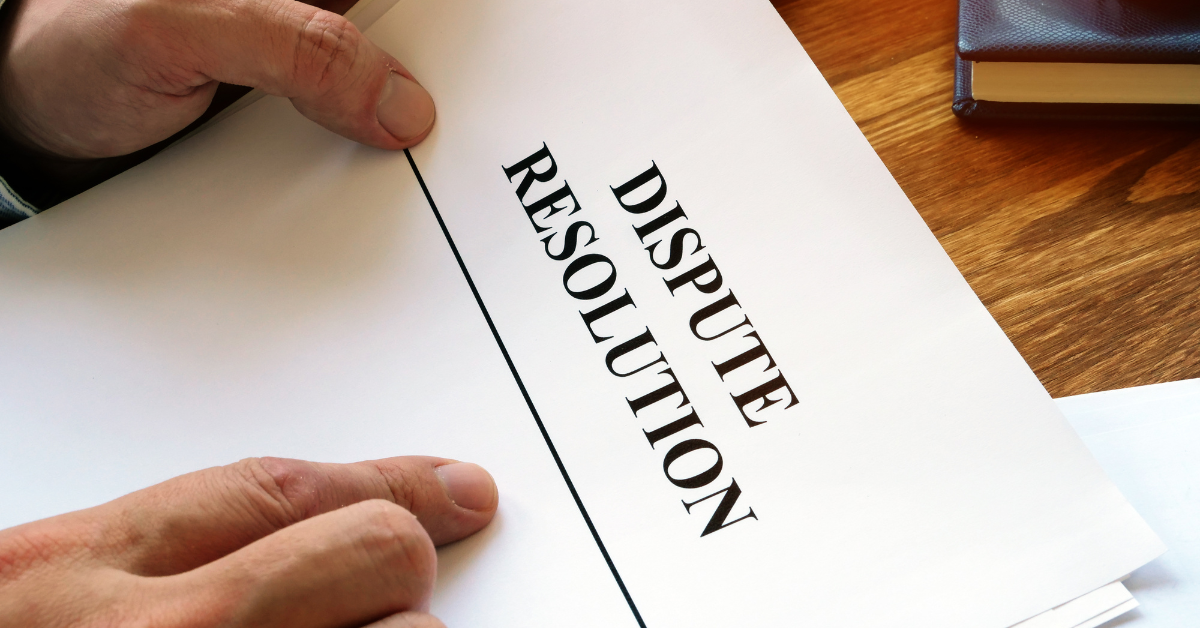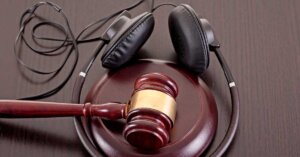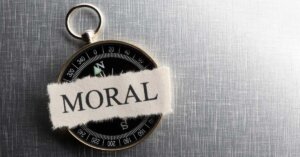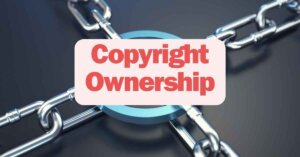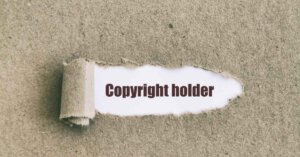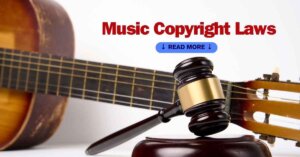Nowadays, content sharing is as easy as a few clicks due to the widespread accessibility of the internet. This is why copyright law is essential for creators, businesses, and everyday internet users alike to prevent a copyright dispute or infringement.
Any dispute and infringement regarding copyright matters are serious issues that must be resolved. So, understanding the resolving mechanism is paramount, whether you are accused of copyright infringement or seeking to protect your creative work.
How to Resolve A Copyright Dispute
You may read A Brief Understanding of Infringement of Copyright and Remedies.
Adispute involves conflicting claims or assertions that need resolution through negotiation, mediation, arbitration, or legal action. On the other hand, infringement occurs when someone violates the exclusive rights granted to the copyright owner under the law.
Now, let’s focus on how to resolve disputes of copyright. These disputes can occur in various forms, such as unauthorized reproduction, distribution, or modification of creative works like music, videos, images, or literary content.
Resolving a dispute involves understanding the rights of both parties and finding a fair solution to protect intellectual property. Here’s what you can do in general:
Negotiation
Negotiation serves as an initial step in resolving a copyright dispute and can be conducted informally.
It involves direct communication between the parties involved, either through correspondence, telephone calls, or even formal meetings facilitated by appointed representatives.
Compared to other resolving options, negotiation allows for flexibility and confidentiality, with the primary costs being the time invested by the parties and any associated expenses.
Mediation
Meanwhile, mediation entails the intervention of an impartial third party who assists the disputing parties in reaching a mutually acceptable agreement.
Unlike negotiation, mediation involves the guidance of a professional mediator who facilitates discussions and encourages cooperation.
The process remains confidential, and while similar to negotiation in terms of costs, additional fees may be associated with hiring a mediator.
Arbitration
Arbitration involves the appointment of a third-party arbitrator, typically an expert in the relevant field, who listens to both sides of the copyright dispute and renders a binding decision.
This process provides a more formal resolution mechanism compared to negotiation and mediation.
The proceedings are generally confidential, and potential costs are incurred for the arbitrator’s services.
Court/Legal Action
When informal methods fail to resolve the dispute, parties may resort to court or legal action. This involves presenting arguments before a judge, who then issues a binding decision based on applicable laws.
Court proceedings are a matter of public record, and costs may include filing fees, legal representation, and other associated expenses.
Consult a Lawyer
Consulting a lawyer specializing in intellectual property law is advisable at any stage of the copyright dispute resolution process.
A legal expert can provide guidance on the best course of action, assess the merits of the case, and ensure that the party’s rights are protected throughout the proceedings. For example, you may use Am Badar & Am Badar’s Copyright Dispute Service. You can contact or explore the insights and services for further information.
Each dispute resolution method offers its advantages and considerations, and the choice depends on factors such as the nature of the dispute, the parties involved, and the desired outcome.
Also, different countries generally have different regulations and proceedings to resolve a dispute of copyright or infringement legally. For instance, here are the procedures in Indonesia, according to Law No. 28 of 2014, regarding Copyright:
- The aggrieved party should file a complaint with the chairman of the Commercial Court.
- Then, the court clerk will record the complaint in the court’s case register upon submission.
- Within two days of registration, the court clerk will issue a signed acknowledgment of receipt.
- Subsequently, the court will set a hearing date within three days of registration.
- Lastly, the court’s bailiff will then notify and summon all parties involved within seven days of registration.
How to Avoid A Copyright Infringement
Now, how can we avoid unintentionally infringing on someone else’s creative work? Here’s a detailed guide on how to avoid any copyright dispute or infringement:
Understanding Copyright Laws
Copyright laws grant exclusive rights to creators, owners, or holders of original works. These rights include the right to reproduce, distribute, and display the work.
So, familiarize yourself with copyright laws, such as the U.S. Copyright Act of 1970, to understand what constitutes infringement and how to avoid it. Remember, copyright protection applies as soon as a work is created and fixed in a tangible form.
Obtain Permission
The golden rule to avoid any infringement is simple: if it’s not yours, don’t use it without permission. Always obtain express permission from the copyright owner before using their work, whether it’s an image, a song, or written content.
This applies to both commercial and non-commercial use. Even if you can’t find a copyright symbol associated with the work, it’s still protected under copyright law.
Understand Fair Use
Fair usage allows limited utilization of copyrighted materials without permission for purposes such as commentary, criticism, news reporting, teaching, scholarship, or research.
However, fair use is a complex and often misunderstood concept, so it’s best to consult legal counsel if you’re unsure whether your use qualifies.
Create Original Content
The best way to avoid copyright infringement is to create original content. Whether it’s writing articles, composing music, or producing videos, focus on generating unique and original work.
This protects you from potential legal issues and allows you to express your creativity freely at the same time.
Use Licensed or Public Domain Material
However, if you still need to use someone else’s work, consider using material that is licensed for reuse or in the public domain.
Creative Commons licenses, for example, allow creators to specify how others can use their work. Public domain material is free for anyone to use without permission or restriction.
Conduct Regular Copyright Checks
Last but not least, before using any content, conduct thorough checks to ensure it’s not protected by copyright.
Use online tools and databases to search for copyright information and verify the rights associated with the material. When in doubt, reach out directly to the copyright owner for clarification.
Avoiding a copyright dispute and infringement requires awareness, respect for intellectual property rights, and proactive measures. At Am Badar & Am Badar, we have a comprehensive Copyright Dispute Service to help you resolve any legal issues.
You can also explore our full services or consult directly by contacting us. For more information, such as “Should Authors Pursue International Copyright for Their Works?” visit our insights page.
Reviewed by Nabil Argya Yusuf

